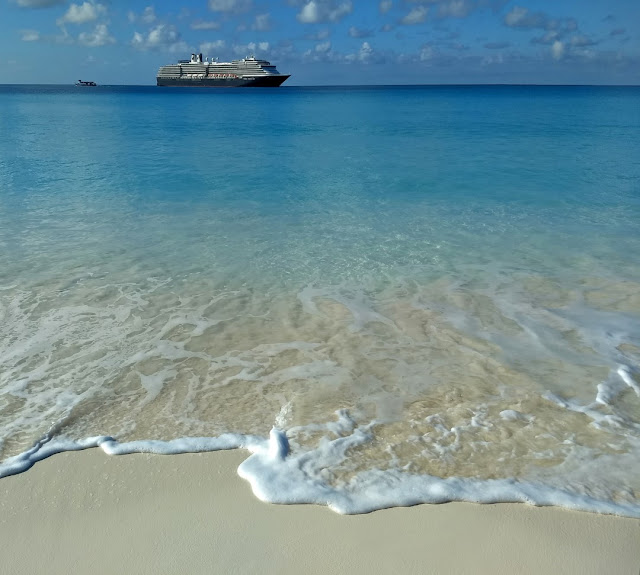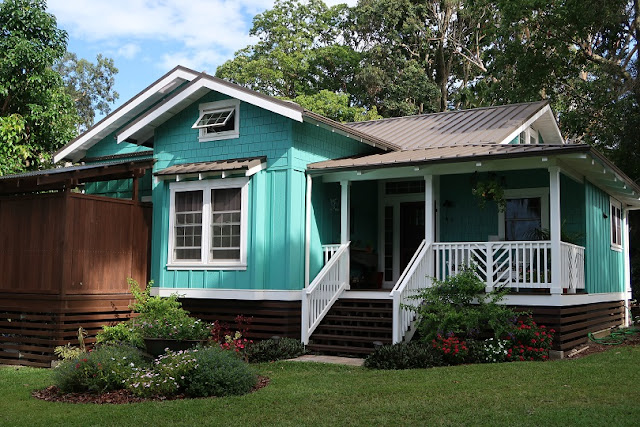Nova Scotia - Halifax
The last stop on our tour of eastern Canada was Halifax, the
provincial capital of Nova Scotia known for its maritime history. It was the
closest port to the Titanic when it sank and so played a key role in recovering
bodies, many of which are buried in Halifax. (The survivors went to New York). The
Maritime Museum of the Atlantic had an interesting exhibit on the tragedy. Less
than six years after the sinking of the Titanic was the so-called Halifax
Explosion when a munitions ship collided with another vessel in Halifax Harbour,
resulting in the largest human-made explosion before Hiroshima. Thankfully,
nothing sank or exploded during our visit.
Mural in Dartmouth, the location of our Airbnb and just a short ferry ride from Halifax center
Ivy wall in Halifax
Theodore Tugboat is a popular character from a Canadian children's television series.
Something to do with a rum distillery, I believe.
Photo of the aftermath of the Halifax Explosion in 1917.
Two thousand dead, thousands more left injured, blind, or homeless.
"The Emigrant," located on the harbour boardwalk near the Canadian Museum of Immigration at Pier 21, where between 1928 and 1971 over 1.5 million immigrants arrived to start a new life in Canada.
Halifax Public Gardens
Many varieties of dahlias at Halifax Public Gardens
Military memorial in the Halifax Public Gardens
Common Starling (I think).
Former Halifax Academy Building
City Hall
Freak Lunchbox mural by Jason Botkin
Restored waterfront warehouses dating back to the late 1700s to early 1800s
Your moment of zen: Deborah's video of a busy bee in the Halifax Public Gardens























Comments
Post a Comment